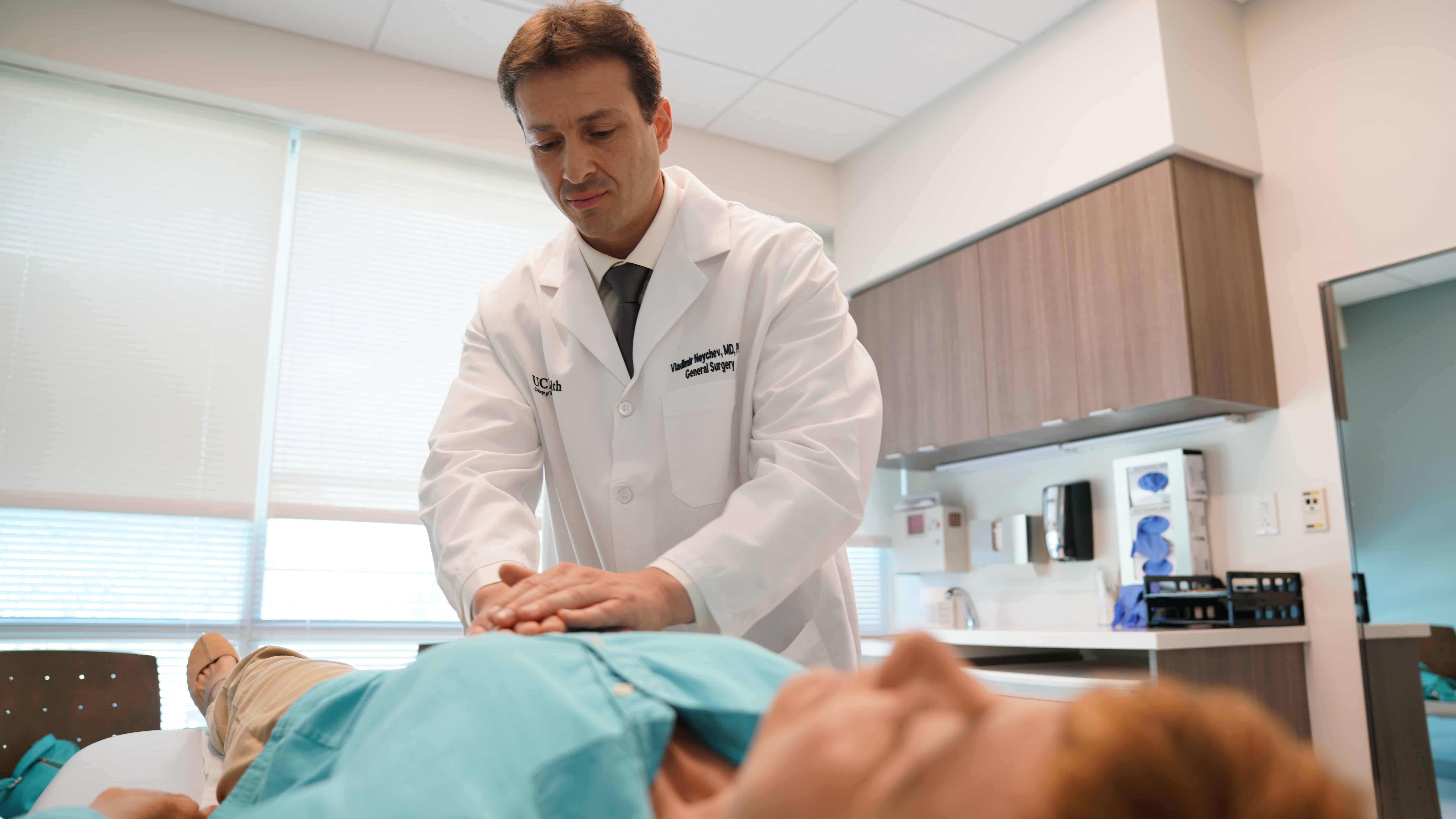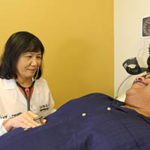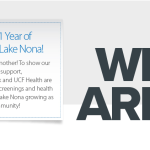
Disease and illness prevention is important when it comes to living a healthy lifestyle. You should think of your physician as an ally in your quest to live the healthiest life possible, but a majority of disease prevention rests in your hands. By being informed about screenings and paying attention to cues from your body, you and your doctor can create a health plan to reduce your risks and maximize your health.
Don’t Dismiss Lingering Symptoms
You should pay attention to cues from your body that something might be wrong, including lumps and bumps, swelling and pain. Waiting too long to see the doctor can be a matter of life or death, so don’t delay when you notice a change in your body.
I often see patients who delayed seeking treatment because they were afraid of what their symptoms could be. However, when addressed early, the disease is often manageable through conservative measures. If surgery is needed, when done early, the patient has much better outcomes than if he or she waited and the disease progressed.
Receive the Appropriate Screenings
There are several different health screenings and tests you should get based on your age, gender, and medical history. Become well informed on health screenings recommended for you. This can be highly individualized based on your and your family’s past health history.
Many choose to skip important health screenings, such as a colonoscopy. However, after the age of 50, getting a colonoscopy should be a top priority since colorectal cancer is the second deadliest cancer. A colonoscopy can identify benign and premalignant lesions as well as detect asymptomatic early-stage colorectal cancer. Women should also get a risk assessment for breast cancer and annual mammography screening beginning at age 40, according to National Comprehensive Cancer Network guidelines. If you’re unsure about what screenings you should have, just ask your doctor. They can inform you as to the screenings you need to best prevent diseases or illnesses that you are at risk for.
You should also regularly monitor other health factors, including your blood pressure and cholesterol, to assess your risk for developing heart disease or stroke.
Pay Attention to Changes in Your Health
If you notice any unusual symptoms, such as increased fatigue, changes in bowel movements, fever or sores that won’t heal, you should visit your doctor immediately. Don’t brush off unusual symptoms, assuming that they will eventually go away. If something doesn’t feel right, then you should schedule an appointment just to be safe.
Visiting your doctor at the right time can help prevent or treat a disease or illness before it progresses to an advanced stage. Waiting too long can result in an emergency situation and potentially surgery or irreversible effects.
Visit the Doctor Even When You Feel Healthy
Visiting your doctor once per year can give you some peace of mind and keep you one step ahead of your health. Prevention is key, and many life-threatening diseases and illnesses can be prevented if the right steps are taken at the right time.
When it comes to your health, be smart, be attentive, and be vocal with your doctor.


